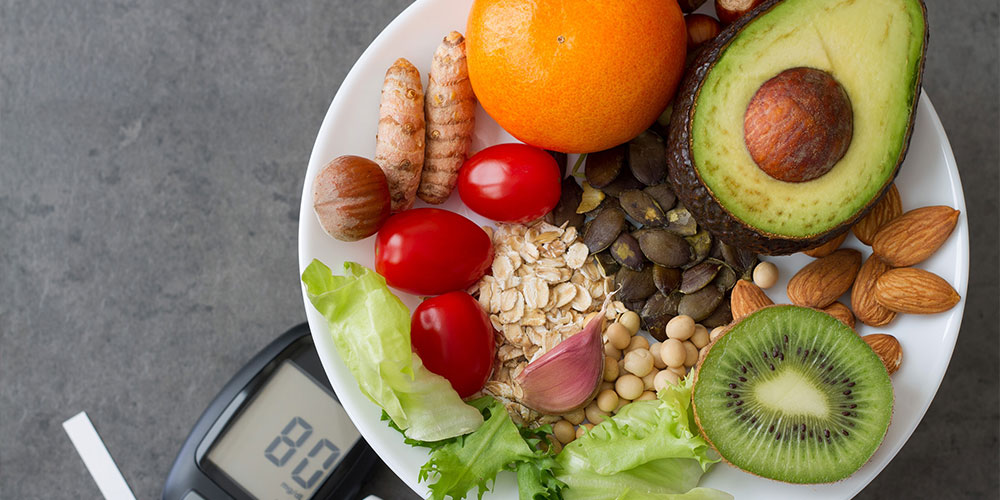What if I told you that your blood sugar affects your stress hormone, cortisol? It actually creates stress in your body when it isn’t balanced.
This stress is very similar to the feeling of running from a bear. The body doesn’t differentiate from stressors; it perceives a threat, and other bodily processes like digestion shut down. When your body is in fight or flight, it can’t rest and digest. Stress and elevated cortisol for prolonged periods can also lead to weight gain and elevated cholesterol, a marker for inflammation.
The stressor, no matter what it is, tells the body to store fat for later. This is the body’s way of protecting us and preparing until the next time we are going to get food. This prolonged increase in cortisol affects not only our blood sugar but also our hormones and neurotransmitters, leading to many health issues, mood instability, anxiety, and depression.
Blood sugar can be affected when we don’t eat frequently enough, have balanced meals, or have our coffee before eating our breakfast. These simple adjustments in our lives can help stabilize our blood sugar and prevent fluctuations in mood.
Eating naked carbs and sugar without fat and protein goes straight to our bloodstream and overwhelms our insulin receptors. As we know, insulin is needed to transport glucose to our cells for energy. When the insulin receptors are overwhelmed, they become less sensitive to insulin, leading to a larger amount of glucose in the blood. This is where insulin resistance comes in.
Insulin resistance is when our body’s insulin receptors are less “sensitive” to insulin. Therefore, our body produces more insulin to get the same amount of sugar into the cells. When the overwhelmed insulin has nowhere to transport the sugar, it produces a cascade effect. Insulin gets redirected to the liver for glycogen stores. When glycogen stores are full, it is stored as fat. This can lead to fat deposition, high cholesterol, and insulin resistance.
So what is the solution? Try following a few of these tips to help balance your blood sugar and hormones and create a more balanced mood.
Below are some tips for keeping blood sugar stable:
- Fat, fiber, and protein at every meal
- Don’t skip breakfast, and eat within an hour of waking
- No coffee on an empty stomach
- Walk after eating
- Eat consistently at least three times a day and for some every 3-4 hours. Listen to your body.
- Get enough sleep (8-10 hours)
- Get to bed before 10 pm
- Try using a continuous glucose monitor to evaluate what spikes your blood sugar or leads to low blood sugar.
This is not medical advice.*










